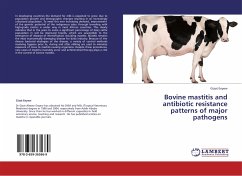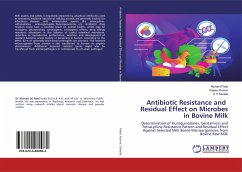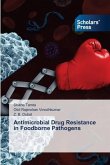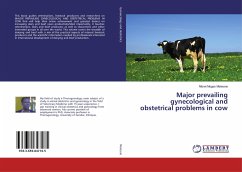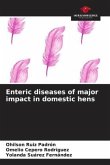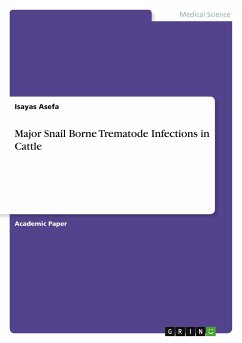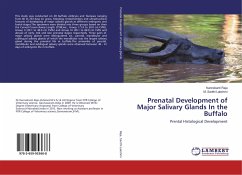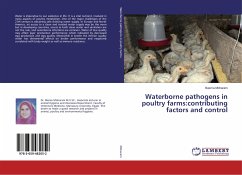In developing countries the demand for milk is expected to grow due to population growth and demographic changes resulting in an increasingly urbanized population. To meet this ever increasing demand, improvement of the genetic potential of the indigenous zebu through breeding with high-grade exotics is under way in most African countries. This clearly indicates that in the years to come a significant percentage of dairy cattle population in will be improved breeds, which are susceptible to the emergence of diseases of intensification including mastitis. Mastitis remains the most economically damaging disease for dairy industry. Because of the diverse bacterial etiologies of the disease, a variety of control methods involving hygiene prior to, during and after milking are used to minimize exposure of cows to mastitis causing organisms. Despite these procedures, new cases of mastitis invariably occur and antimicrobial therapy plays a role in the control of bovine mastitis.
Hinweis: Dieser Artikel kann nur an eine deutsche Lieferadresse ausgeliefert werden.
Hinweis: Dieser Artikel kann nur an eine deutsche Lieferadresse ausgeliefert werden.

